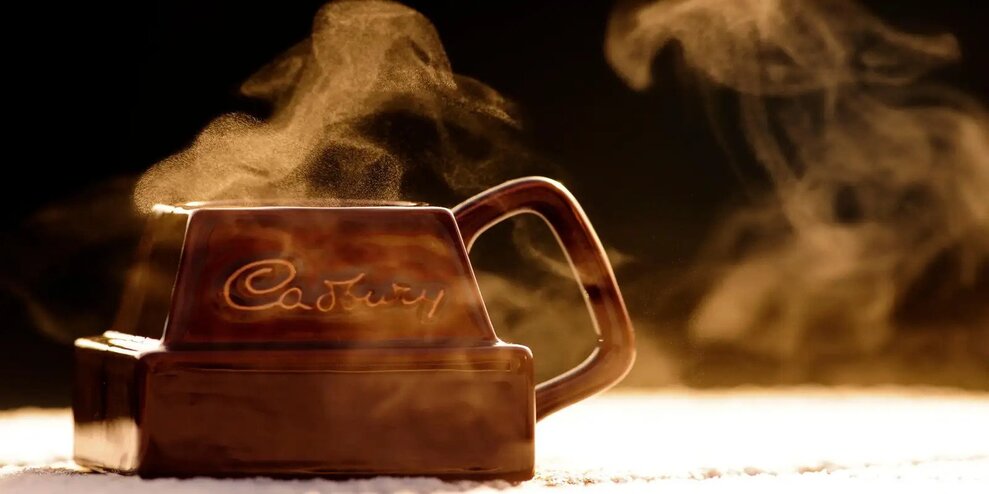The instagrammer questioned the high level of sugar content in Bournvita, which poses the risk of diabetes
Cadbury has slammed a legal notice on an Indian social media influencer, sparking a debate on whether its decades-old health drink, Bournvita, is a sugar trap.
Earlier this month, Revant Himatsingka, who goes by Food Pharmer on Instagram, questioned the high level of sugar content in Bournvita. The certified health coach’s video, posted earlier this month, gained 12 million views. He cautioned against the risk of diabetes in consuming the product which, allegedly, provided little nutrition.
Bournvita.. is it… I'm Shocked
— Prof Dr Shibu A (@shibu_prof) April 5, 2023
I am a victim from childhood #bournvita #childhood #victim #young #india pic.twitter.com/gmiI3tci4e
On Apr. 14, however, Himatsingka took down the post after Cadbury, owned by US-based multinational Mondelez, slapped a legal notice on him.
“I apologise to Cadbury for making the video. I did not plan or intend to infringe any trademark or defame any company nor do I have the interest or resources to participate in any court cases and I request MNCs to not take this forward legally,” Himatsingka wrote on Instagram.
Cadbury’s powdered drink Bournvita, along with Tang, accounted for 14% of the company’s annual revenues in India in 2021.
Cadbury’s clarification on the matter
Cadbury was founded in 1824 in the UK and entered India in 1948.
It was quick to respond to Himatsingka’s post. It said each serving of the drink has 7.5 grams of added sugar, which is lower than the daily recommendation of 25 grams for children. Bournvita, it said, had always claimed to have immunity-boosting properties, even before the pandemic began, as against what Food Pharmer had alleged.
However, experts term Cadbury’s claims “misleading.”
One research paper, among the four shared by hepatologist Dr Abby Phillips on Twitter, suggested that Bournvita changes colour due to the inherent changes in due to its “sugary” content.
“Considering the high sugar content of 71%, per serve 20g has 14.2g sugar which is approx. 57% of recommended upper daily limit and this will only increase if more milk is added, or additional sugar is used over the day. Hence ‘claim’ that using the product as advised is safe is also a misleading one,” Phillips said.
Bournvita also has a higher concentration of caffeine than other cocoa-based products, another study said.
India’s past health issues with consumer companies
Companies in India have often come under the lens in the recent past over matters related to health and nutritional value in their food products.
“Bournvita [controversy]is a clear wake-up call for the big food industry. In today’s competitive market, consumers expect brands to communicate with them openly and honestly,” Upasna Dash, founder and CEO of Jajabor Brand Consultancy, told Quartz.
In 2016, a study conducted by the government found five different toxins, including lead, chromium, and cadmium, in soft drinks made by PepsiCo and Coca-Cola. Lead and cadmium, according to the World Health Organization (WHO), are among the top ten chemicals of “major public health concern.”
In 2015, tests found Nestle’s Maggi instant noodles unsafe and hazardous for human consumption. Six years later, an internal document at Nestle reportedly stated that 60% of its food and drinks portfolio, excluding pet food, baby formula, and coffee, does not meet the recognized standards of healthy food.
ENDS
—This article first appeared https://qz.com
Seeking to build and grow your brand using the force of consumer insight, strategic foresight, creative disruption and technology prowess? Talk to us at +971 50 6254340 or engage@groupisd.com or visit www.groupisd.com/story





